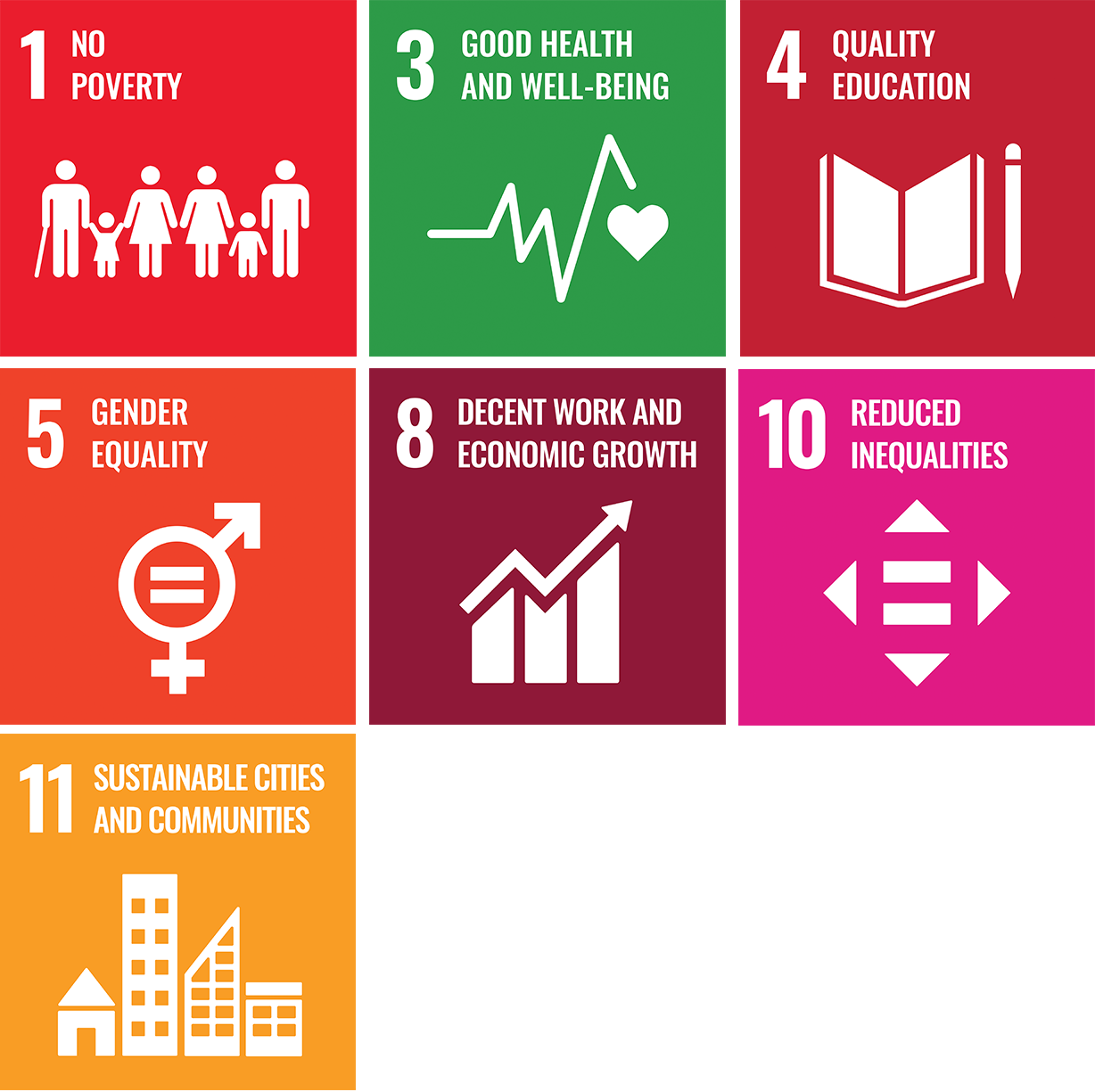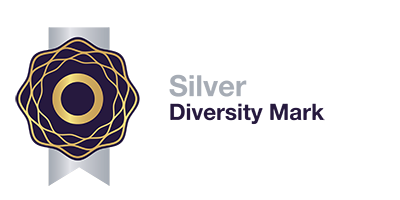
Key Highlights
Youth Engagement
Translink continued its long-running support of Anti-Bullying Week, a positive initiative which raises awareness of important issues affecting young people across Northern Ireland through a series of events, including the popular school’s art competition.
Translink’s Youth Summit was hosted last October at Stormont, attended by almost 100 young people aged 14-24. The youth-focused event was hosted by the Science Communicator and TEDx speaker, Emer Maguire, and sought to give young people in Northern Ireland the opportunity to have their say on how Translink can help meet their current and future transport needs.
Supporting Equality, Diversity and Inclusion
Our work on Equality, Diversity and Inclusion supports the ‘Go Together’ work stream as it positively impacts on employee engagement and helps us respond to our customer needs better.
We are currently engaging key partners in the Disability sector to develop a Work Placement scheme to provide those with a disability the opportunity to avail of meaningful placements that will develop their skills and provide them with on-the-job mentoring and support.
As part of our commitment to attracting and developing female talent, we continue to implement a range of initiate to actively promote more female representation. We took part in a ‘Women Driving Change’ event to encourage females to consider a career in Transport, had a range of celebratory and inspirational events to mark International Women’s Day and shone a light on our Female Engineers to celebrate International Women in Engineering day.
